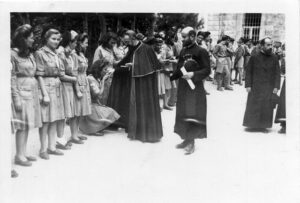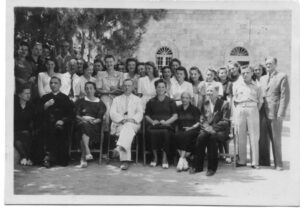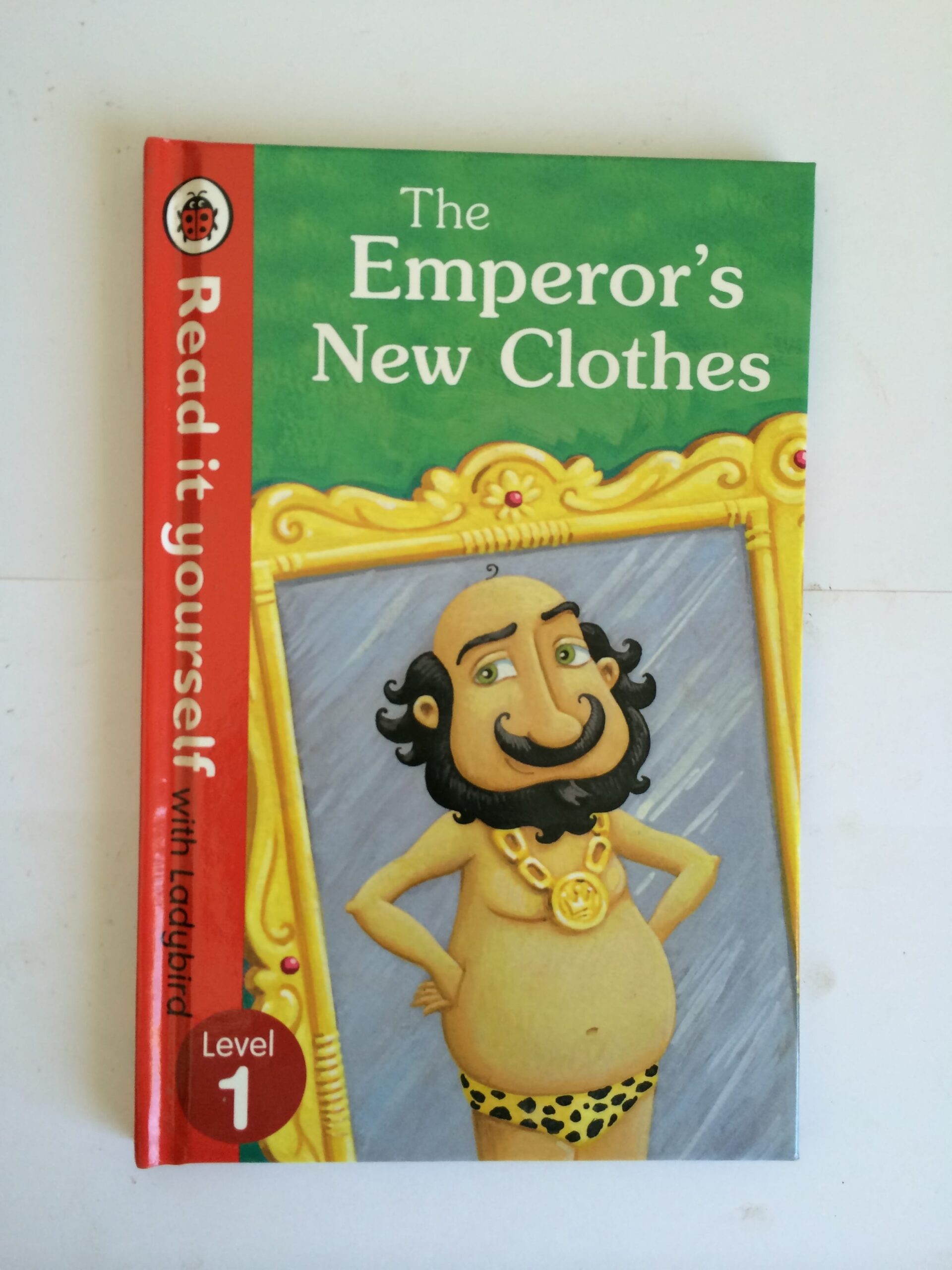There were fewer and fewer sick soldiers and civilians in the field hospital set up in the mosque in Guzar. Despite this people still died there in large numbers and from time to time I was both saddened and moved to see the hospital cart pulled slowly by a horse towards an improvised cemetery. You could just make out the shape of a body under a large dark sheet that moved to the slow rhythm of the horse. In our situation it was impossible to provide a coffin for each dead person
When my classes in hygiene had ended, I was sent to the hospital for further training but also as a helper. My job was to assist a young surgeon. Alas because we lacked the appropriate instruments and medicines only the simplest of operations could be carried out.
The doctor taught me basic nursing and I learnt a lot from him. Most of the patients lay on matting on the floor in rooms around the mosque’s central courtyard. I particularly remember two patients. One was a small boy sitting in a cubicle with a large hole in his cheek, caused by lack of vitamins. I hoped he wasn’t suffering too much as the nerves were already destroyed and we could only apply ointment with added vitamins on his wound. It was very sad to see him in a semiconscious state and not to be able to help him more or to save him. The doctor took me to another patient, a fellow-doctor who was lying on the floor. The young surgeon held his hand and tried to comfort him by talking gently to him. It was all we could do for him. I later learned he had died soon afterwards. He was called Dr. Sumorok, an uncle of the friend with whom I was living when deported.
 All the while the young surgeon tried as hard as he could to relieve his patients’ sufferings and also to help me overcome my own fears. He also tried to teach me how to give injections by using himself as a guinea pig. But I couldn’t make myself do this and I didn’t master the technique until three or four years later at Nazareth House in Palestine.
All the while the young surgeon tried as hard as he could to relieve his patients’ sufferings and also to help me overcome my own fears. He also tried to teach me how to give injections by using himself as a guinea pig. But I couldn’t make myself do this and I didn’t master the technique until three or four years later at Nazareth House in Palestine.
At night we had to climb onto the terraced roof of the mosque by a narrow internal staircase. We slept there on matting covered by our military greatcoats under the star-studded sky of Uzbekistan.
 At the end of our hospital training period the camp authorities were supposed to pick us up and take us back to the camp. As nobody turned up, I decided to go back on my own. It was already the hottest part of the day. The heat was so intense that I reached the camp totally exhausted and suffering from sunstroke. I was put in a specially adapted tent. damp sheets were draped over the entrance and gave some protection from the heat. We also covered ourselves in damp sheets to stave off fever.
At the end of our hospital training period the camp authorities were supposed to pick us up and take us back to the camp. As nobody turned up, I decided to go back on my own. It was already the hottest part of the day. The heat was so intense that I reached the camp totally exhausted and suffering from sunstroke. I was put in a specially adapted tent. damp sheets were draped over the entrance and gave some protection from the heat. We also covered ourselves in damp sheets to stave off fever.
I was strong and soon got my strength back but, because of my illness, I wasn’t in a fit state to take my nursing examinations and obtain a diploma from our head nurse. Our strength progressively declined undermined by the heat and prolonged hunger.
Our corporal, an older volunteer, got us to work. We made, in specially adapted moulds, unbaked greyish coloured bricks from sun-dried earth. We then carried them back to the camp singing well-known patriotic Polish military songs alongside our small corporal. With these bricks we helped to build a shelter from the heat that looked like an igloo and in which we could breathe a little fresh air.
We anxiously awaited our departure from the Soviet Union. We were told however that there was a shortage of trains. The wait seemed endless. A feeling of anguish about our future gripped us. We were hoping for a train to take us away and yet lived with the constant fear that the Russians wouldn’t schedule one, that there wouldn’t be any subsequent transport or that there wouldn’t ever be any transport at all.




